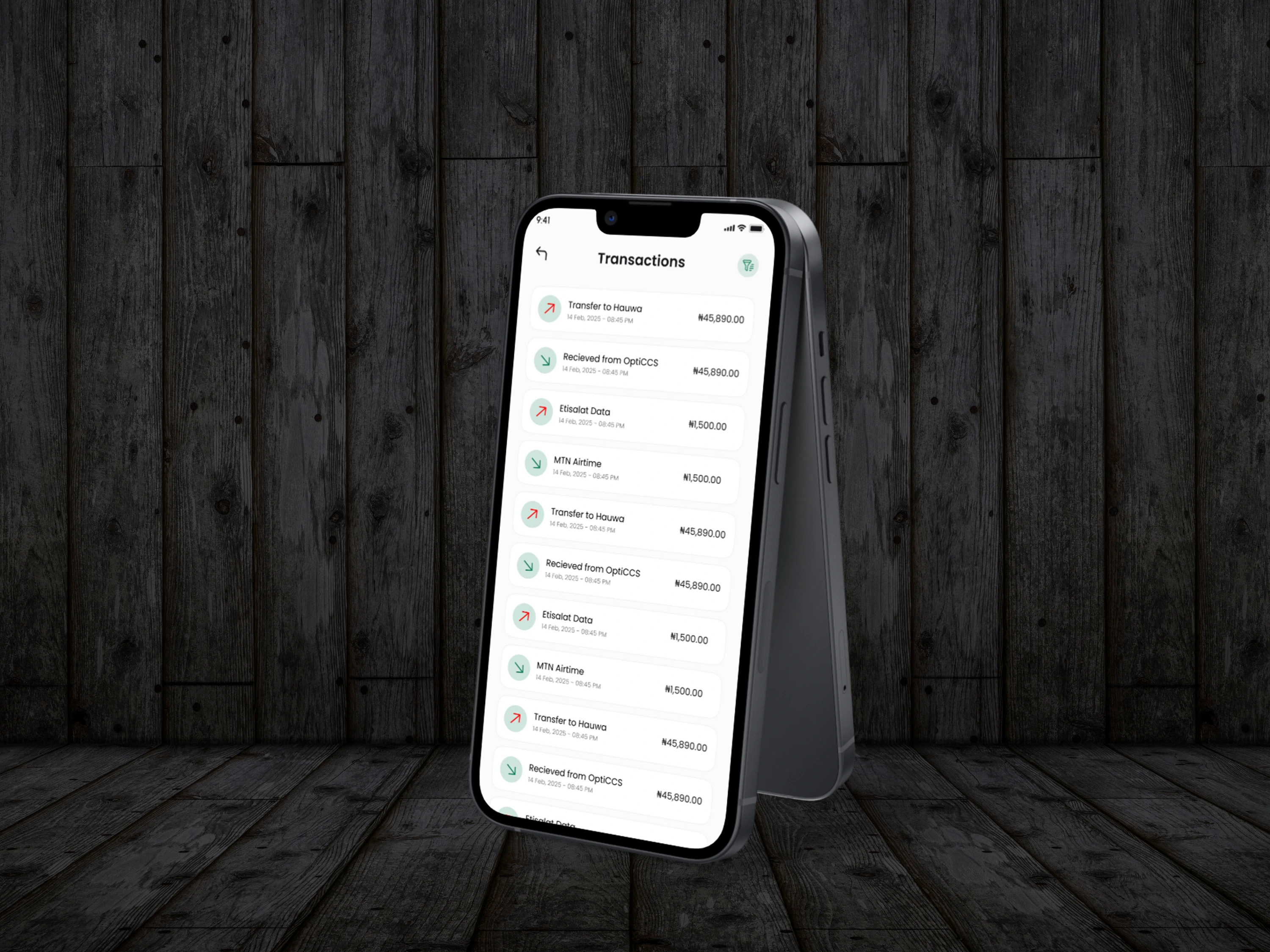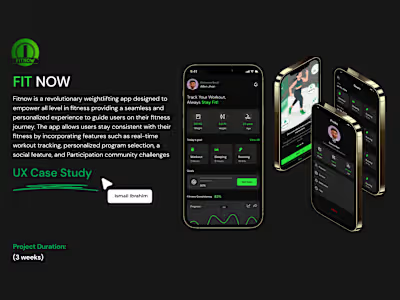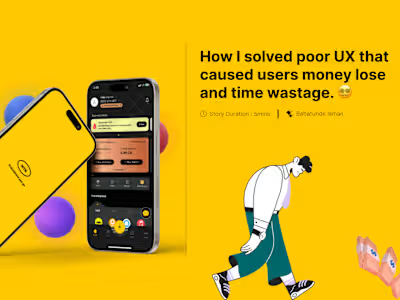Government Health Tracking App with Wallet Implementation
Feature Focus: Wallet Implementation into Government Health Tracking App.
This app is designed to enable the healthcare progress in the country, the app allow chip agents to interact with pregnant women and help mark their medical checklist for the period of their pregnancy and after births. This app helps pregnant women from different terrains, from Local Government level to the State level, to the whole country.
Unlike other platforms, it broadens the scope by connecting chip agents with diverse pregnant women in their local community.
The Wallet app design allows the Chip agents to get paid directly from the government.
Full design at the end ⇩

Overview
Problem:
Government health programs often struggle with efficient tracking, data management, and payment systems for healthcare workers (referred to as "Chip Agents") who operate in remote or underserved areas. Traditional methods like paper forms and manual spreadsheets are prone to errors, delayed updates, and data loss, leading to poor decision-making, inefficiencies in fund disbursement, and reduced service quality. Additionally, health workers often face delays in receiving their incentives or payments, affecting their motivation and retention.
Solution:
A Government Health Tracking App with Wallet Implementation for Chip Agents is a digital platform that combines real-time health data tracking with integrated digital payments. The app offers:
Digital Health Data Collection: Real-time patient and service data collection, reducing paperwork and manual errors.
Geolocation Tracking: Verifies the location of health workers to ensure service delivery in targeted areas.
Analytics Dashboard: Provides government officials with actionable insights for data-driven decisions.
Digital Wallet: Secure and instant payment solutions for agents, including earnings, incentives, and bonuses, directly within the app.
Offline Support: Works in low-connectivity areas, syncing data once the network is available.
Multi-language Support: Adapts to local languages for broader accessibility.

Impact:
Improved Service Delivery: Faster, accurate, and real-time data collection leads to better healthcare services.
Increased Worker Motivation: Timely payments through the wallet feature improve worker satisfaction and retention.
Cost Efficiency: Reduces administrative costs by minimizing paperwork and manual data processing.
Data-Driven Health Policies: Governments can make more precise and timely policy adjustments using real-time data.
Enhanced Transparency: Secure and traceable payment flows reduce fraud and increase accountability.
Scalability: Easily extendable to other sectors like agriculture, education, or disaster response for a broader impact.
*At the early stage, we created an MVP of the product and tested locally to gather feedback, make iterations, and validate the product idea without a full release (that was how we confirmed the metrics needed to move on with our design decisions). Now, we'll be launching in a few days!
Like this project
Posted May 7, 2025
Developed a Government Health Tracking App with Wallet for Chip Agents.
Likes
1
Views
25
Timeline
Feb 1, 2025 - Mar 29, 2025





